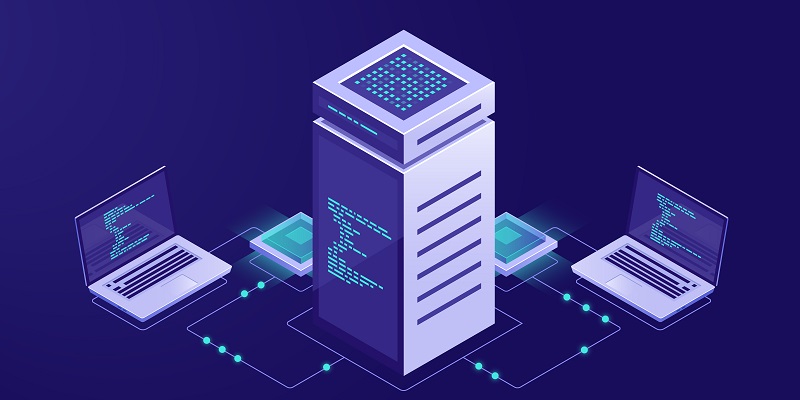The need for safe and secure data storage is ever-increasing, and the rise of blockchain technology has provided a possible solution. One of the most interesting developments in blockchain-based data storage is Filecoin. Filecoin is a decentralized peer-to-peer (P2P) network that enables users to store and share files. In this article, we will explore what Filecoin is and its various features that make it an interesting solution in the world of decentralized data storage.
What is Filecoin and how does it work?
Filecoin is a decentralized cloud storage network that enables users to store, retrieve, and share data on a global, permissionless network. It uses a cryptocurrency called FIL as an incentive for network participants to provide storage and retrieval resources.
Users have the option to choose from a variety of storage providers, each with different prices and storage capabilities, allowing for a competitive market for storage services. The data is automatically encrypted and divided into smaller pieces before being distributed across the network to ensure data redundancy and security.
When a user requests access to their data, they pay using FIL, and the network automatically retrieves and reassembles the data from different locations for the user. As more users join the network and provide storage resources, the system becomes more resilient and adaptable, making it a promising solution for secure and efficient cloud storage.
Filecoin is a decentralized P2P network that allows users to store, retrieve, and share files. Users can buy storage space from other users who provide storage space on their computers in exchange for Filecoin tokens (FIL). The stored files are encrypted and duplicated, making them safe and secure. The storage providers lease out their hard drive space to the Filecoin network and earn FIL tokens in return.
What is the difference between Filecoin and IPFS?
The InterPlanetary File System (IPFS) is another decentralized protocol for sharing files across the internet. However, the main difference between IPFS and Filecoin is that IPFS focuses on content discovery and delivery, while Filecoin is dedicated to storage. Another significant difference is that Filecoin provides incentives to storage providers in the form of FIL tokens.
The FIL token functions as a utility token
FIL tokens are a critical component of the Filecoin network. They are used to pay for storage, retrieve stored files, and earn rewards for providing storage space. Essentially, they function as a utility token, much like Ethereum’s Ether, that caters to transactions within the network.
Filecoin blockchain and tipsets
The Filecoin network uses a blockchain that consists of a chain of “tipsets”. A tipset is a group of blocks that are arranged together. Each block contains information about storage transactions, making the blockchain a secure and immutable storage mechanism.
Proof of Storage and Its Significance
Proof of Storage (PoSt) is a consensus mechanism used by Filecoin for verifying and validating storage transactions. Much like Ethereum’s Proof of Stake (PoS), Filecoin uses PoSt to increase efficiency and security while reducing energy consumption. PoSt encourages storage providers to store real files on their machines and submit proofs that are verified to check if they still have the files.
Different types of proofs
Filecoin also uses two other types of proofs: Proof of Replication (PoRep) and Proof of Spacetime (PoSt). PoRep is a mechanism used to verify that the storage providers have replicated data by sending them a random challenge, to which the provider should respond with a proof of replication. PoSt verifies the existence of stored files and the successful submission of storage transactions when sending storage proofs in response to some random challenge.
“Slashing” is the name of the penalty mechanism that is incurred in Filecoin when storage providers fail to offer reliable uptime, act in a way that is detrimental to the network, or fail to fulfill their contractual obligations. Slashing comes in the form of reducing the amount of FIL tokens that storage providers receive as a reward. These penalties serve as a strong incentive for storage providers to provide optimal services on the network.
Addressing and Identification of Nodes
Filecoin uses a unique addressing system that identifies actors on the network. Addresses that begin with ‘f’ refer to the mainnet, while those identified by ‘t’ represent the testnet. Nodes, which are machines or devices that run the Filecoin software, are categorized into three types: Chain Verifier nodes, Client Nodes, and Storage Nodes.
Filecoin is an innovative data storage solution that introduces a new way of approaching decentralization and incentives. Its combination of storage and networking concepts, along with the use of tokens, blockchain, and consensus mechanisms, have the potential to transform the data storage industry. With its current development plans, it is possible that Filecoin could become a significant storage solution in the coming years.

